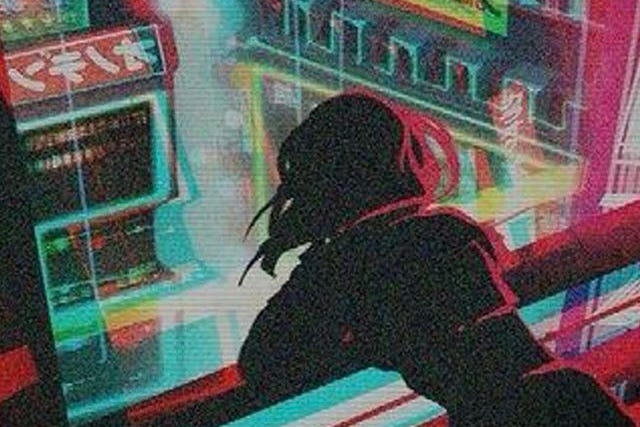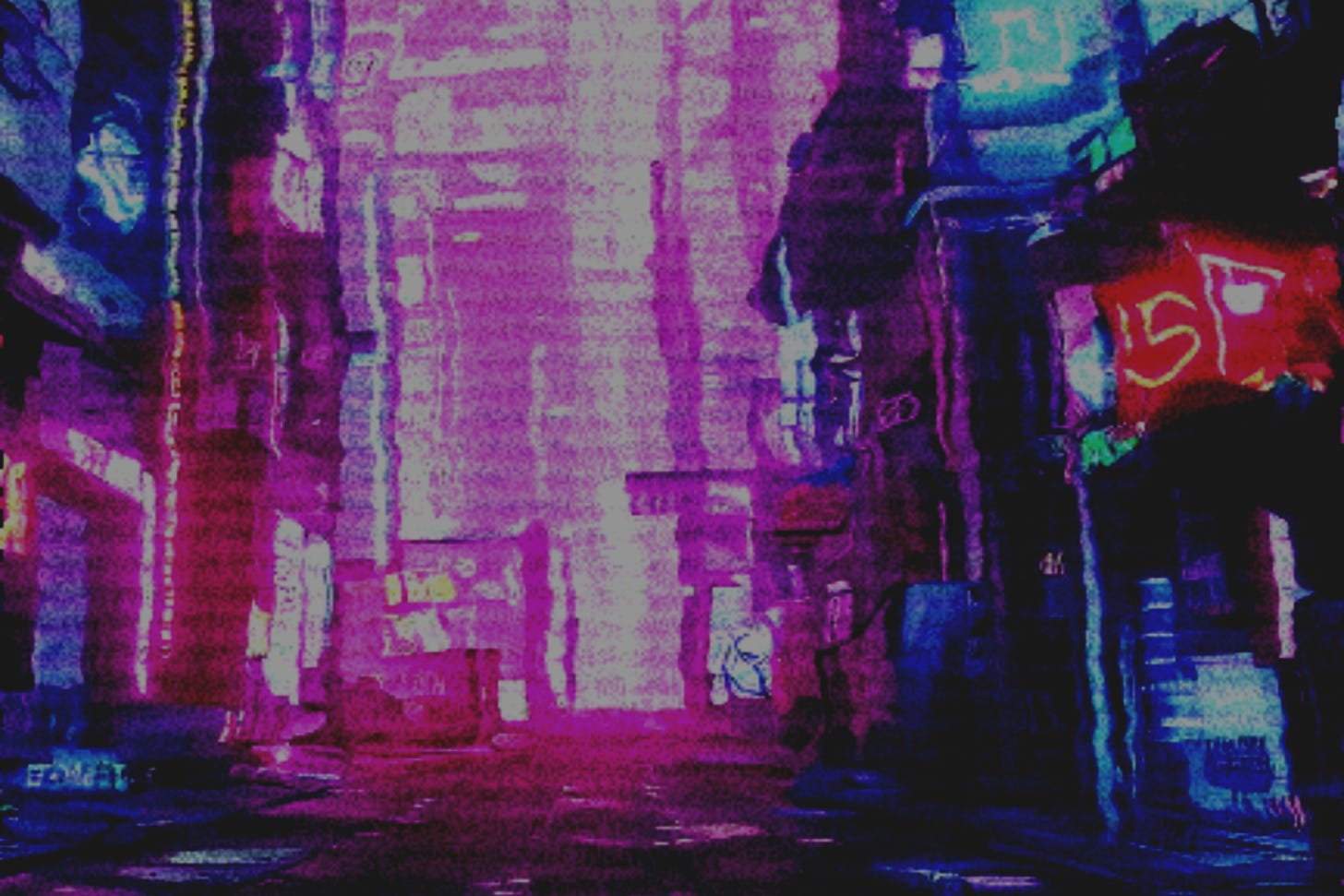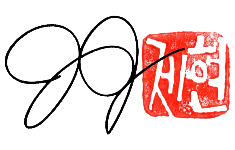The lowest common denominator
Cultural capitalism, the Algorithm, or the MCU-ification of art
✨ Welcome to obscure arts, the section of my newsletter where I write in-depth explorations of creativity, capitalism, and making art in uncertain times. If you’re only here for book stuff, feel free to unsubscribe from all sections except Lexical Gaps here.
part i: the problem
At the tail end of 2022, before I swore off the vast majority of social media, I watched a lot of How to Grow Your [Insert Social Media Platform Here] videos on YouTube.
Some of it was admittedly driven by a mercenary desire to bring my “brand” to more eyes (so to speak) — after all, as an artist, I am just as subject to the cruel whims of capitalism as anyone else — but a lot of it was driven by a...troubling sense of...pessimism.
Troubling for me, that is.
I’ve said before that one of the fictional characters I am most like is Aang from Avatar: The Last Airbender; I am inherently sanguine and cheerful, even in the face of the end of the world. It’s one of the advantages of being a pain-avoidant slither-outer; I’m not often weighed down by more negative emotions like anxiety or dread. But lately, I’ve been hounded by this persistent feeling of gloom, or despondency, perhaps. A heretofore undiscovered (or unacknowledged) inner Eeyore that sits beneath its raincloud of cynicism and despair, bemoaning about how nothing matters. And not in my usual positive nihilistic way, but in an uncomfortable, unnaturally fatalistic way.
The essays I’ve been writing on this newsletter over the past few years have been accumulating a theme. Boredom. Ennui. Burnout. Emptiness. Why does nothing seem to satisfy anymore? Books, movies, TV shows, music...why does nothing hold my attention anymore? Why can’t I emotionally connect to art with the ease and enthusiasm I could once conjure without effort?
There is something rotten in the current state of media, and the problem isn’t me.
Or rather, the problem isn’t just me.
Anecdotally, after speaking with several friends and after reading countless articles1 and thinkpieces2 about creative stagnation,3 I've come to the conclusion that while burnout (and recovering from it) can certainly account for much of my disconnect from books, TV, and movies in the past several years, it does not and cannot account for all of it. Social media has absolutely contributed to our collective inability to engage with anything for longer than five seconds at a time, but I think there is a larger problem at play with media itself.
Nothing stands out.
Nothing is great because everything is good.
— W. David Marx, Status and Culture
There are a myriad reasons attributed to this growing sense of sameness and heterogeneity — anything from narrowing avenues for distribution to the decision paralysis that arises from having too many choices. It is a problem of both too much and not enough: To put it simply, we are having difficulty separating signal from noise, quality from quantity, all of which makes us gravitate toward the tried and true. The familiar. The safe.
As Matt Klein says in his essay, Creator Paradox: Cultural Stasis Amidst Creative Surplus:
For creators, there’s the bottom-up, democratized access to tools, enabling massive amounts of content to be made and syndicated frictionlessly. In the Creator Economy everyone can be a player and “make it.”
On the other hand, there’s the top-down, institutional power of filtering and recommendation, held by establishments incentivized by outsized financial returns. Large, risk-averse institutions — arguably just run by in-house lawyers and accountants at this point — play it safe to “protect shareholder value.”
These divergent models are currently inconducive. It’s this fundamental dynamic that sits center stage at our paradox.
And I can’t gainsay this. As I’ve mentioned before in a previous essay, “[I’m] afraid to take risks.” Both in the art I make, but also in the art I consume.
That’s when I realized the problem. I am trying to consume art, the way I might consume content — thoughtlessly, mindlessly, without effort. Before I knew it, I was expecting to be spoonfed art in easily digestible bytes, conveniently available to me without any reaching or searching. The home-delivery meal kit equivalent of art, if you will. Is it food? Yes. Is it nutritious? Theoretically. Is it even delicious? Possibly.
But is it good?
Do I even know what good is anymore?
part ii: the algorithm
Of all the ideas to mull over in Matt Klein’s essay, the sentence that struck me hardest was:
In the absence of infinite time but facing infinite content, we actually need some gatekeepers.
I’ve been privately shouting to my friends for a while now that we need to bring back gatekeepers, because oh my god, I don’t know whose taste to trust anymore. I’m suffering from information overload and I just want someone to make a decision for me. My previous pillars of content filtration — critics — have more or less disappeared, the heft of their earned and learned analysis crumbling beneath the weight of popular opinions. The yassification of The Chicago Sun-Times, as it were.
There’s nothing wrong with popular opinions, of course. And I do believe that the elitism of our cultural establishments starves us of art that can challenge our minds and intellectually satisfy us. And social media has succeeded in razing these establishments to the ground, for good or for ill. But in our zeal to tear down institutions, I think we forgot to erect new standards of quality control in their stead. In the wake of the institutional collapse, we did not get a diverse group of voices contributing to cultural criticism and directing our conversations about art. Instead we let another gatekeeper fill the void.
We call it The Almighty Algorithm.™
And it’s the reason everything is good, and nothing is great.
In theory, the Algorithm is a godsend. Machine-driven learning theoretically means that human bias doesn’t factor into its calculations. But as various studies have proven again and again, an algorithm is just as subject to human bias as an actual person because it is a person who programmed the algorithm to begin with.
And whoever programmed it decided “engagement” was the metric that made something notable.
Engagement. It is the deity to which all Creators™4 must make obeisance for even the slightest modicum of relevance in an oversaturated marketplace. Every marketing video talks about The Algorithm — how to hack it, how to appease it, how to placate it, how to play by its rules. You cannot be too inauthentic nor too inconsistent, but neither can you be too predictable nor too prosaic and dull. You must hook your audience within the first three seconds, and then hook them again within the next four to engage them. You must not be Too Much nor Too Little; you must be the Goldilocks of the internet in order to capture anyone’s attention.
It’s this Goldilocks standard that the Algorithm promotes. Engagement means popularity, and after a while, you start to realize that popular means palatable. And there’s nothing wrong with being palatable, but nothing palatable is especially memorable.
In truth, “popular” means “average” in much the same way a “beautiful face” is perfectly average. It is scientifically designed to appeal to greatest number of people. Algorithmically rewarding content is popular because it appeals to everyone, which also means it resonates with no one.
I don’t want media that appeals to everyone; I want media that resonates with me.
part iii: cultural capitalism
If I were a different sort of writer, I would write a seething, scathing satire of a near-future culture that worships AI-driven decision making, but I’ve never been especially good at satirizing something that practically satirizes itself.
Nor am I very good at satirizing something I’m still trying to deconstruct in myself.
If you’re my friend at all, then you’ve probably heard me come back to an oft-repeated refrain when diagnosing all of society’s ills:
“This is all capitalism’s fault.”
And it is. If the far-right can have their pet conspiracy theory about cultural Marxism, then let me have mine about cultural capitalism. At least mine is 100% less anti-Semitic.
Let me explain.
Capitalism has evolved past mere economic theory to infect our conception of society and culture at large. Whether or not we are conscious of it, we consistently view our art, our worth, and our very selves through the lens of capital and capitalism. Any time we berate ourselves for not being productive enough, any time we try to “maximize” anything, any time we try to “increase efficiency,” we are buying into this notion of cultural capitalism — that we only have value when we have something to show for our time. Business exploit their workers, but we are also very good at exploiting ourselves.
And we’ve started to treat art in the same way.
The art [of cinema] is being systematically devalued, sidelined, demeaned, and reduced to its lowest common denominator: content.
— Martin Scorcese
A while back, Martin Scorcese kicked up a furore on Twitter when he made a statement about art and content in a piece about Federico Fellini for Harpers Bazaar, mostly because he was perceived by touchy fans as belittling the MCU.
The worst part of trying to make art — of saying something real — in the age of the internet is how much everything gets flattened to, yes, the lowest, meanest, most common interpretation. Scorcese wasn’t belittling the MCU; he was bemoaning how Hollywood prioritizes the box office and the bottom line, preferring to churn out one safe (and a little boring) crowd pleaser after another instead of taking risks on a smaller, more experimental work that may end up being more emotionally and intellectually rewarding.
Which is exactly how the Algorithm functions.
After all, what is engagement except the social media equivalent of the bottom line? The more engagement, the more a piece of content is likely to be pushed before more eyes. What is popular is the lowest common denominator. It is inoffensive, middling, safe.
Boring.

I worry a little, if I’m completely honest, about just how much the pablum that is being spoon-fed to us is ruining our ability to have better, deeper, more thoughtful conversations about, well, anything. Sometimes I am astounded by the “takes” I see online, the troubling lack of reading comprehension, and the misapplication of academic theory to media. I think, back when we looked at art as art and not content, we were more willing have conversations about art instead of passing moral judgments on a work as “good” or “problematic” (i.e. morally bad).
Perhaps the problem is that content doesn’t have a Point.
I’m always asking what the Point is. Art always has a Point, it has something to say. The only point content has to make is to sell something: entertainment, advice, dreams, hopes, a fantasy. There is no conversation in content. Art comes from a desire to be seen and understood; content comes from a desire to be consumed and discarded. I think somewhere along the way we — and I really mean me — have conflated the two.
There is a part of me that hates how precious and pretentious I am about *gestures vaguely* all this, but at the same time, the troll in me absolutely loathes playing into this system of cultural capitalism. To be precious and pretentious about art is to rebel against the dictatorship of the bourgeoisie, because right now, cultural hegemony trends toward passive consumption of content and I refuse — refuse — to participate. I will not let my art be commodified. I will not let myself be commodified.
One of my intentions in 2023 was to restrict social media, and part of that was a means of rebelling against the dictatorship of the bourgeoisie. The biggest part of that intention was trying to regrow the braincells social media killed off, but a not-insignificant portion was due to the fact that I don’t want to play in this game anymore. I would very much like to be excluded from this narrative. I’m trying to reset my perspective, to break out of the algorithmic perpetu-scroll, and free myself. I want to engage with the world, not my phone.
And hopefully when I do, I can find the deeper, thoughtful, and more nuanced conversations I’m so desperate to have. I wish to no longer content myself with the lowest common denominator, but seek the exceptional instead.
Wolf, Cam. “Is anything cool anymore?” GQ. 14 Sep 2022.
Mastroianni, Adam. “Pop Culture Has Become an Oligopoly.” Experimental History. 2 May 2022.
Klein, Matt. “The Creator Paradox: Cultural Stasis Amidst Creative Surplus.” Zine. 19 Sep 2022.
I loathe this term.






Thank you for this thoughtful piece. I’ve been asking many of the same questions you do here about art and content, the algorithm and capitalism... lots to mull over here.